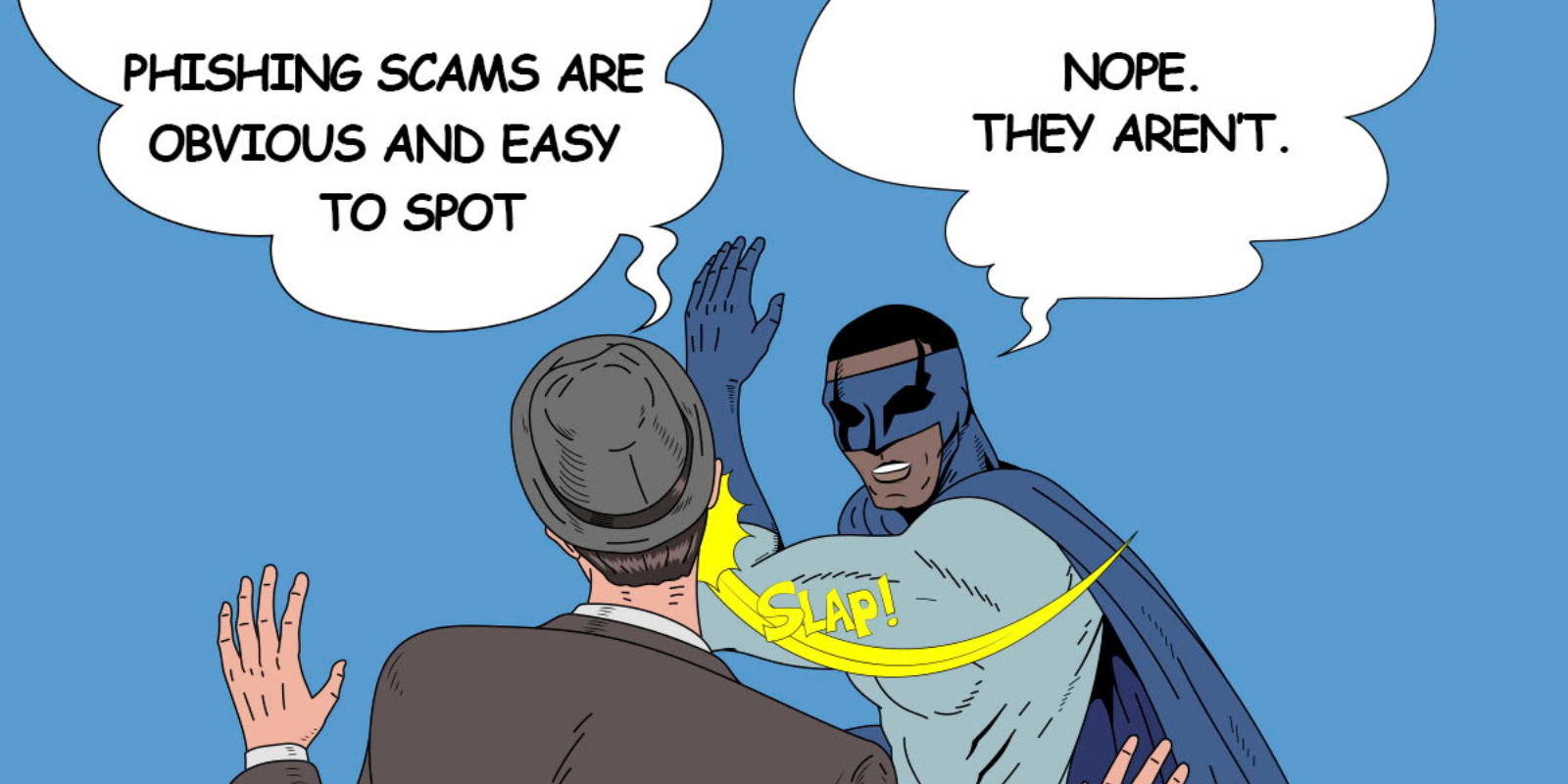Don’t Get Hooked: Understanding and Preventing Phishing Scams
Imagine starting your day with a cup of coffee, ready to tackle your to-do list, when you receive an email from what looks to be a trusted partner. It appears reputable, but within is a phishing trap designed by cybercriminals.
This scenario is becoming increasingly prevalent for organizations of all sizes.
Phishing schemes evolve and get more complex with each passing day. As a decision-maker, it is critical that you understand what these threats are and debunk common myths to safeguard your business effectively.
The most popular phishing myth
Many individuals feel phishing schemes are simple to detect, citing bad language, questionable hyperlinks, or obvious requests for personal information.
However, this is not true. Modern phishing schemes have gotten more sophisticated, making them challenging to detect. Cybercriminals are increasingly using advanced techniques such as AI to construct emails, webpages, and messages that closely resemble authentic communications from reputable sources.
Most phishing attempts now appear genuine, with logos, branding, and language that mimic those of legitimate businesses or individuals. With this level of deception, even trained professionals might fall prey to skillfully disguised phishing attacks.
Different types of phishing scams
Phishing schemes come in many forms, each attacking a distinct vulnerability. Knowing the most frequent kinds will help you better safeguard your organization:
- Email phishing: The most frequent kind, when cybercriminals send emails that appear to come from genuine sources, such as banks or reputable organizations. These emails frequently provide links to bogus websites from which they steal critical information.
- Spear phishing: Individuals or organizations are specifically targeted. Attackers collect information about their targets to develop individualized and persuasive messages, making it more hazardous because it may evade typical security measures.
- Whaling: A form of spear phishing that is aimed at high-profile figures such as CEOs and executives. The idea is to deceive these people into disclosing sensitive information or allowing financial activities.
- Smishing: A social engineering tactic where phishing messages are sent through SMS or text. These messages typically include links to harmful websites or request that recipients call a number, aiming to extract personal information.
- Vishing: Phone calls from attackers acting as reputable businesses, such as banks or technical help, requesting sensitive information over the phone.
- Clone phishing: Attackers replicate an authentic email you previously received, replacing links or attachments with malicious versions. This strategy takes advantage of trust, making it difficult to distinguish between false and legitimate email contact.
- QR code phishing: Cybercriminals utilize QR codes to redirect people to harmful websites. These codes are typically seen on fliers, posters, and email attachments. When scanned, the QR codes direct you to a phishing website.
Protecting your business from phishing scams
To protect your business against phishing attacks, take these practical steps:
- Regularly train staff to spot phishing efforts and conduct simulated exercises.
- Use powerful email filtering technologies to prevent phishing emails.
- Enable multi-factor authentication (MFA) for all accounts to increase security.
- Ensure software and systems are up to date with the latest security fixes.
- Use firewalls, antivirus software, and intrusion detection systems to prevent unwanted access.
Collaborate for success
By now, it is evident that phishing tactics are continuously changing, and staying ahead of these risks necessitates ongoing work and vigilance.
Contact sales@atomcreek.com if you want to learn more about how to defend your organization from phishing and other cyberthreats.
Our team is ready to help you strengthen your cybersecurity strategy, ensuring a safer digital environment for your business.
Now is not the time to hesitate, send us a message now!


